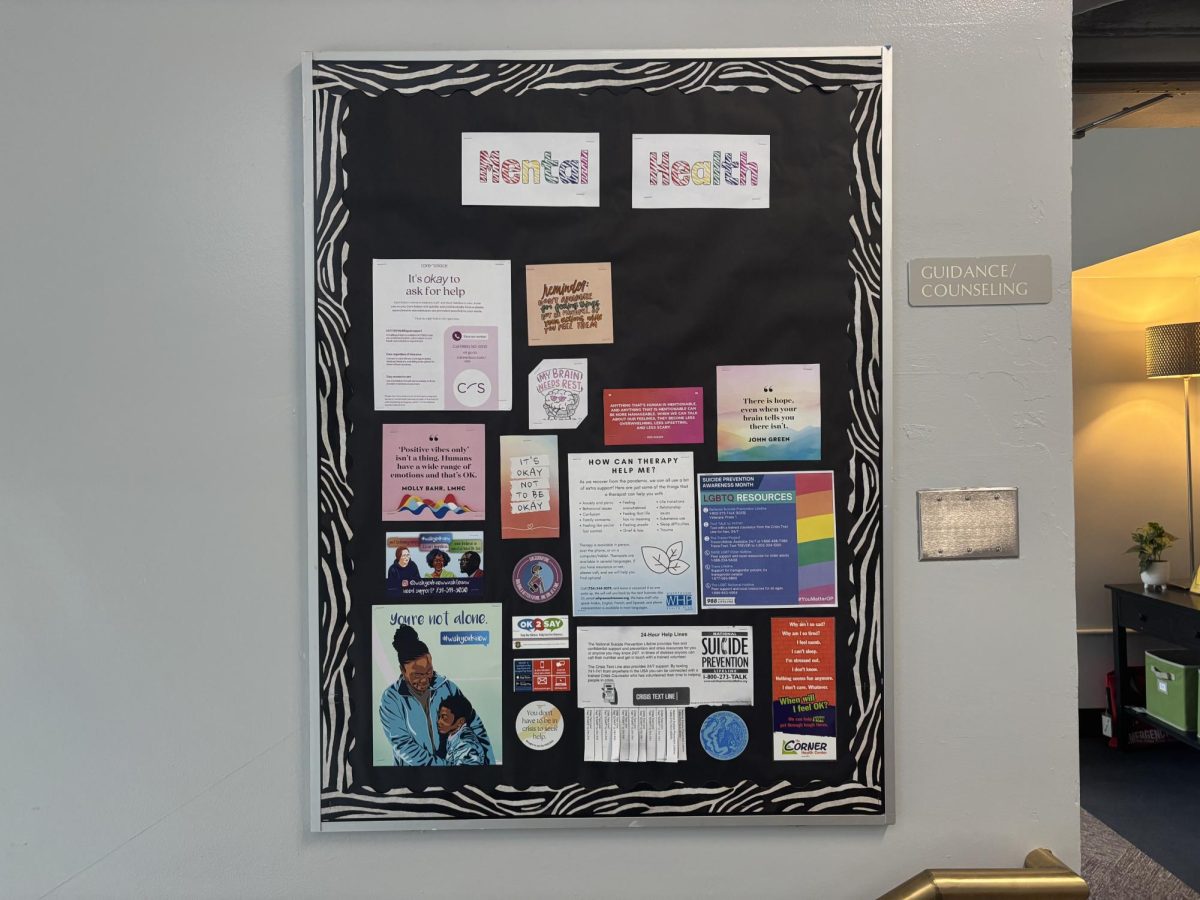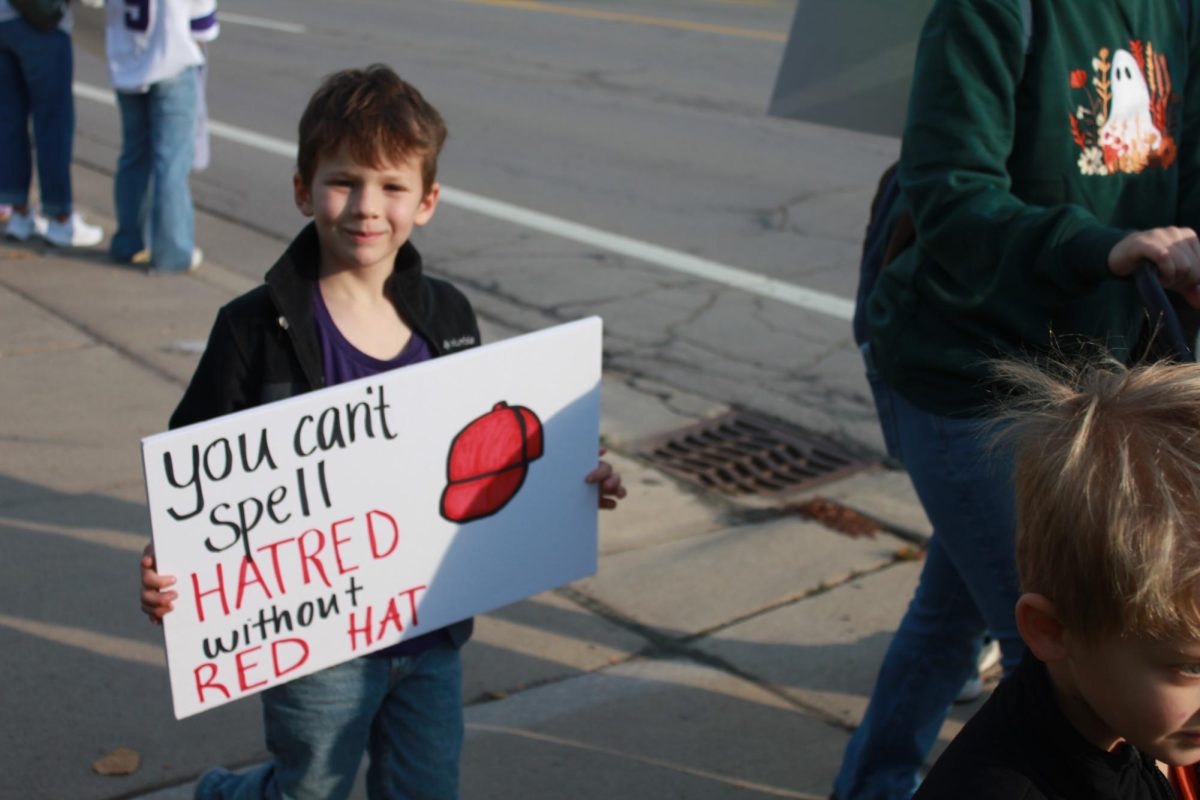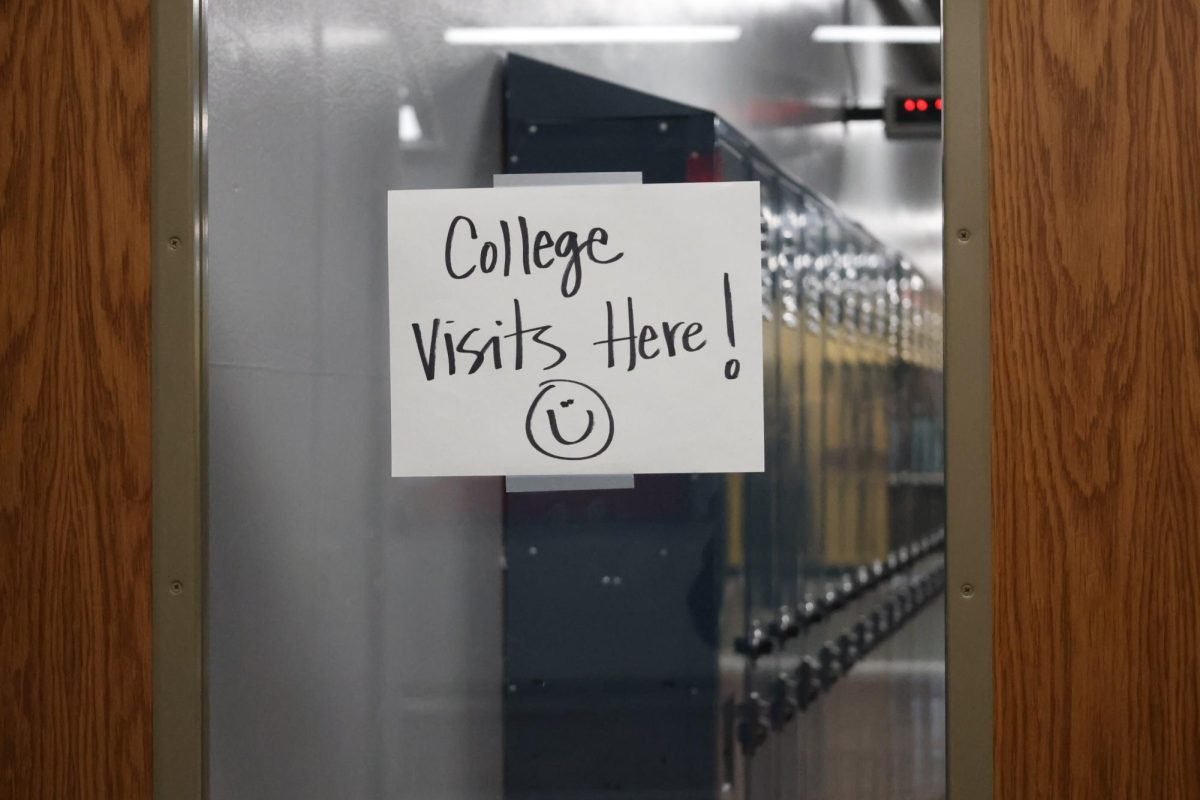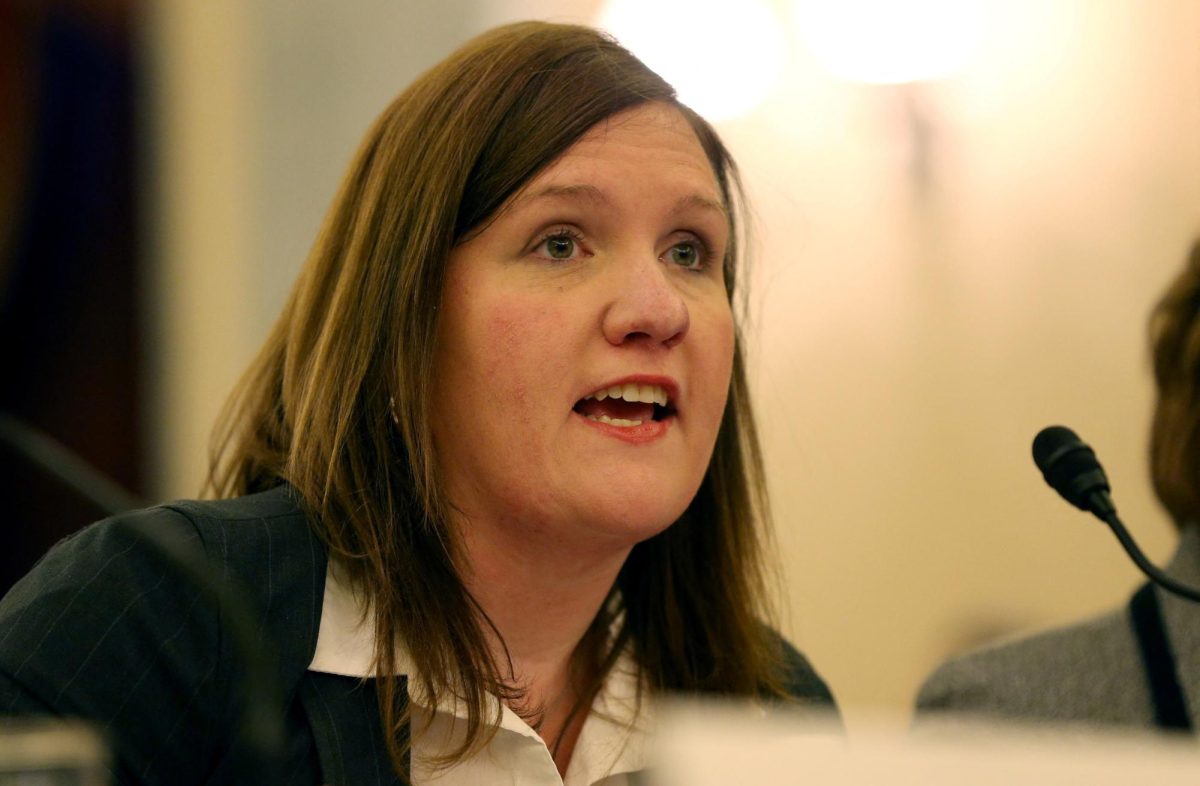“To anyone out there who is hurting — it’s not a sign of weakness to ask for help. It’s a sign of strength,” Barack Obama.
In 2008, September was declared National Suicide Prevention Awareness Month, following decades of efforts to bring national and international attention to the issue. Goals of the month include raising awareness, reducing the stigma associated with mental health conditions and suicide, connecting people with available resources and acknowledging those affected by suicide.
“Overall, 39.7% of students experienced persistent feelings of sadness and hopelessness, 28.5% experienced poor mental health, 20.4% seriously considered attempting suicide, and 9.5% attempted suicide” (CDC).
Suicide numbers have been steadily increasing over the last couple of years. However, according to Becky Brent, the Health and Wellness instructor at CHS, we as a society are beginning to talk more openly about mental health and suicide. These open discussions and education outreach programs about mental health are crucial and will hopefully help to bring these numbers down.
“We understand more now that they [mental health struggles] really stem from brain cell communication,” Brent said. “It’s kind of like a heart situation. You wouldn’t fix your heart problem on your own. You’d go to a doctor.”
It is crucial to raise awareness about suicide; how we can observe signs both in our friends and family as well as in ourselves. How it is never too late to ask for help or to try to ask your friends if they are okay, because you might just save a life.
CHS social worker Traci Blancke believes the main thing we can do to help prevent suicide is to recognize warning signs. These warning signs include lack of motivation, feelings of hopelessness, thinking about suicide or withdrawing from people.
“It’s not always obvious though,” Blancke said. “Sometimes students who are having suicidal thoughts and have a plan to harm themselves aren’t always telling people these things. They are really struggling and if it’s a student who’s normally high achieving or being super social, they do a really good job of hiding it.”
Blancke continued to state that suicidal thoughts mostly stem from a feeling that there’s no way out, that they have no answer, and that there isn’t anybody to help them.
“The best thing to do [if you think that a friend or family member is struggling] is to make sure that you are there for them,” Blancke said. “That you ask them what they need and try to help them. It’s not all or nothing for people who are having suicidal thoughts. So, I think the more sort of joy and glimmers of hope that you can give people who are having suicidal thinking can be really helpful.”
Both Brent and Blancke also emphasize how important it is to reach out if you yourself are struggling.
“Even if you are worried about what your family will think, remember that they love you and care for you. Even though they might have big emotions, that is only because they are scared and they just want you to be safe,” Blancke said. “It’s always better to share if you are having suicidal thoughts with somebody.”
Brent wants people to know that it is hard to admit that you are struggling, but the fact that you can admit it is a sign of bravery.
“The moment that you tell someone that you are having suicidal thoughts is the first step toward feeling better,” Brent said. “Once you get that out, it can be such a relief that you’re not carrying all the stress, worries and big thoughts all by yourself. Adults also know how to help.”
If you or anybody you know is having suicidal thoughts please contact these helplines below. They are here to help. Also, don’t be nervous to reach out to a teacher, family member or friend. There is always help and hope.
Ozone House: https://ozonehouse.org/how-we-help/emergency-services/
Washtenaw Crisis Support: https://www.washtenaw.org/2936/Need-Crisis-Support
988 Lifeline: https://988lifeline.org/
AAPS Mental Health and Crisis Services: https://www.a2schools.org/students-families/community-resources/mental-health-and-crisis-services










